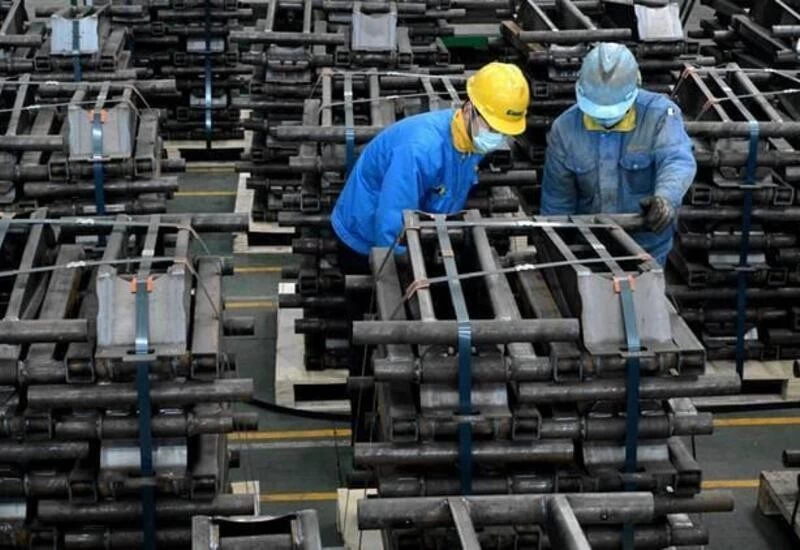New Delhi: In the backdrop of the Vizag gas tragedy, and with manufacturing units across the country expected to start production on full scale, the National Disaster Management Authority (NDMA) has issued detailed guidelines for COVID-19 containment and safety at the workplace for factories.
The measures include 24-hour sanitisation of premises; temperature check of all employees twice daily; providing face shields, masks and PPEs (personal protective equipment); creating physical distancing by erecting barriers on work floors and dining facilities; and ensuring no sharing of tools, among others.
Some of these may, however, be at odds with what financially distressed units may achieve at the moment, especially when PPEs are in short supply even for healthcare workers.
The guidelines say, “Factories need to maintain a sanitisation routine every two-three hours especially in the common areas that include lunch rooms and common tables which will have to be wiped clean with disinfectants after every single use.” This has to be done even in case of accommodation, they add.
Apart from two temperature checks a day, the guidelines have asked factories to ensure workers showing symptoms do not report to work and there are provisions for hand sanitisers, gloves and mask for all.
More importantly, factories have been asked to create barriers to ensure physical distancing and to provide PPEs to all. The guidelines have also asked factories to ensure no tools are shared as much as possible and to have extra set of tools. These measures could have significant costs for factories and also pose a question of availability of required items.
In case anyone at the premises is found to be positive, the guidelines state that “factories have to prepare accommodation to isolate workers, if needed”. The human resource department is supposed to manage the whole process and ensure all travelling employees undergo a mandatory 14-day quarantine, they add.
Factories that work 24 hours at full production capacity should consider one hour gap between shifts, barring those requiring continuous operations, the guidelines state. On Home Ministry’s guidelines of having only 33 per cent employees in attendance, the guidelines state that factories must ensure employees dealing with safety are prioritised.
To avoid mishaps, the guidelines state, “Workers involved in dealing with hazardous material must be skilled and experienced in the field. No compromise on deployment of such workers should be permitted when an industrial unit is opened up.”
Apart from this, the guidelines have stressed on education of safety steps to take from entry to exit in the factory and measures to take precautions at personal level. On storage side, factories have been asked to sterilise boxes and wrapping brought into factory premises, isolate and sanitise finished goods as appropriate and deliver goods in shifts.
In the backdrop of the Vizag tragedy, the NDMA has asked factories to take various safety measures and consider the first week as trial, and test where each machine and its functioning is thoroughly checked. Factories have been asked to “not try to achieve high production targets” in the first week.
The NDMA said the guidelines were needed as “due to several weeks of lockdown and the closure of industrial units during the lockdown period, it is possible that some of the operators might not have followed the established SOP. As a result, some of the manufacturing facilities, pipelines, valves, etc. may have residual chemicals, which may pose risk. The same is true for the storage facilities with hazardous chemicals and flammable materials.”


